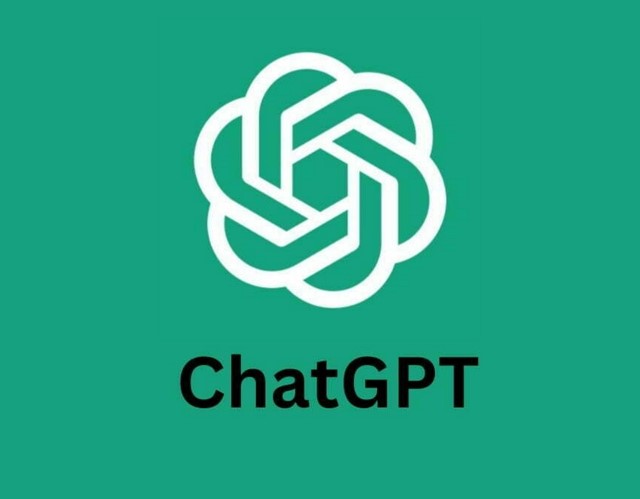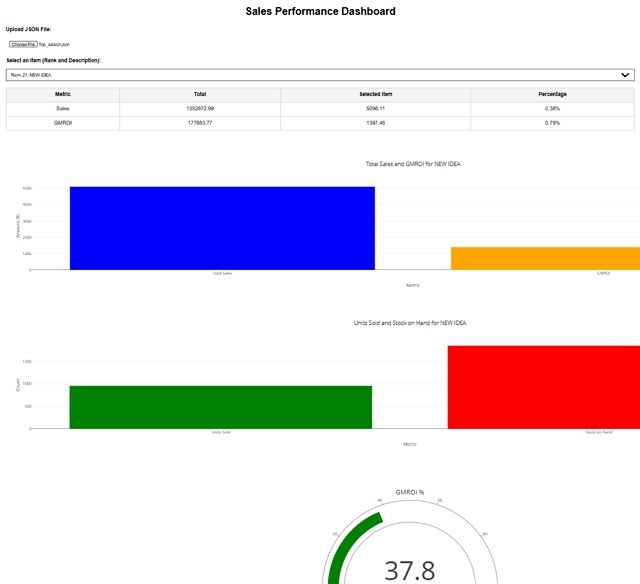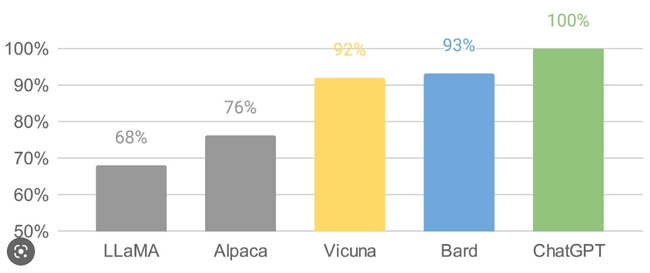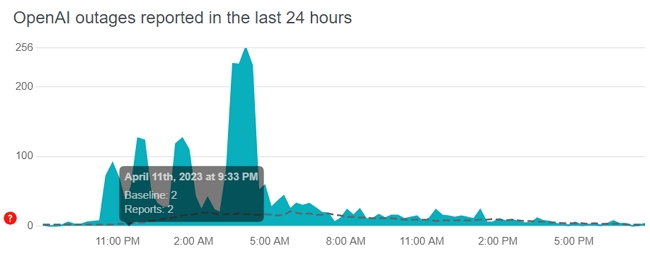AI Musings: Introducing a new section here

It is estimated that in five years, AI POS will drive 55% of Australian consumer spending by 2030. This projection shows how AI will revolutionise retail in our country. As a retail and point-of-sale (POS) systems expert, it is essential to explore this transformation and its implications for small brick-and-mortar Australian retailers.
So, we will create a new section in this blog, "AI Musings," to explore artificial intelligence's musing on modern retailing. This space will blend AI-generated insights (approximately 80%) with my thoughts (20%) to delve into the most significant technological revolution in retail today.
The State of Modern Retail in Australia
AI dominates discussions at every retail conference today, signalling its emergence as the new frontier in retail technology.
Adopting AI in retail is not just a prospect; it's happening now. Many retailers already implement AI solutions to enhance customer experiences, optimise inventory management, and streamline operations. For example, our clients have been using AI for years in stock control, but no one is talking about it, and we need to.
I heard about chatbots handling customer queries in a retail firm a few days ago. It was expensive, but as AI becomes more accessible and affordable for businesses of all sizes, we will soon see it in almost all stores.
How AI is Transforming Australian Retail
Personalised Customer Experiences
AI will revolutionise how retailers understand and cater to individual customer preferences, offering a more personalised shopping experience. And it will not take long. If such a system is live in 10,000 shops in one month, that AI will have 800+ years of experience at the end of the month.
Smart Inventory Management
AI is already in our POS system and crucial in predicting demand and optimising stock levels, helping retailers reduce waste and improve efficiency. It has proven vital for retailers who often struggle with inventory management. AI-powered systems can analyse every stock item in the shop with its historical sales data, seasonal trends, and even external factors, like weather.
AI-Powered Customer Service
Chatbots and virtual assistants are improving customer support across online platforms. Currently, 47% of consumers feel comfortable using AI for product selection, while 75% remain cautious about AI handling high-value purchases.
Enhancing In-Store Experiences
AI is set to transform the in-store experience. Retailers use emotional recognition tools to detect customer frustration and seamlessly transfer to human support. This blend of AI and human interaction could be a game-changer for small retailers looking to provide personalised service while optimising staff resources.
Practical Considerations
Cost vs ROI for Retailers
Implementing AI solutions today requires a significant investment, but this is rapidly changing. DeepSeek-R1 is roughly comparable to ChatGPT GPT-4 Turbo, and it is $2.19/128k token, while ChatGPT is $30/128k token, a cost savings of about 93%.
Future Trends in Australian Retail with AI
Looking ahead, the future of AI in retail is bright. By 2030, AI is expected to create 200,000 jobs and $115 billion in economic value, which presents enormous opportunities for retailers of all sizes. That is almost 10% of the Australian economy now.
Voice Commerce
The growth of smart speakers and voice-activated shopping is expected to continue, offering new ways for customers to interact with retailers. I know some clients who now use them in the shop as a translator, and I do, too here. It has helped.
Conclusion
AI is undeniably reshaping the landscape of Australian retail. It is now transforming shopping experiences, retail operations, and customer engagement strategies. We intend to explore this topic here. I encourage our readers to share their thoughts on how they see AI shaping their shopping experiences or what trends they're most excited about.
Let's see how it goes forward together.
I hope you enjoy the new section, "AI Musings."








